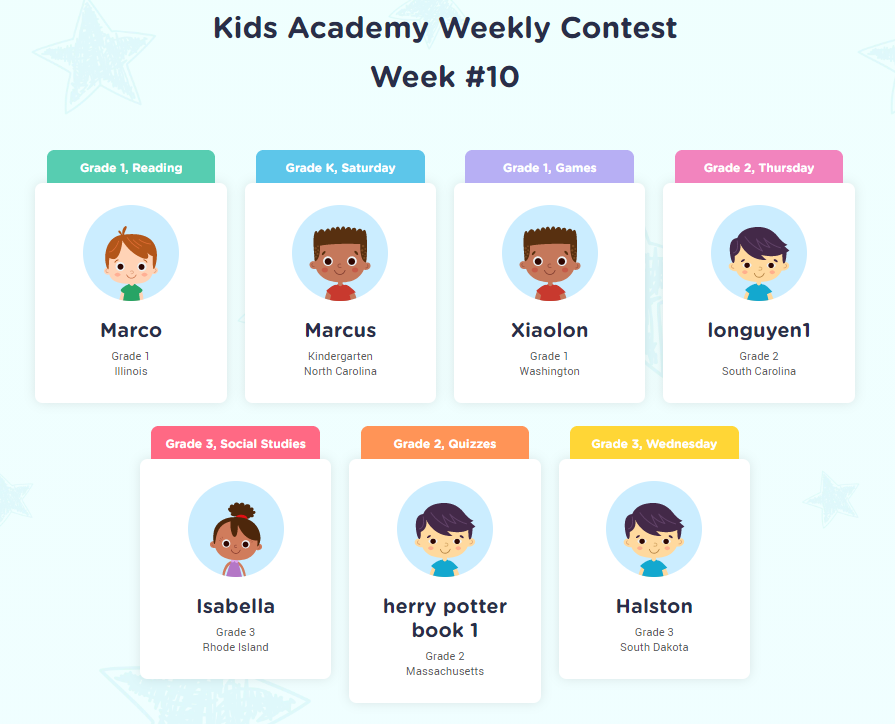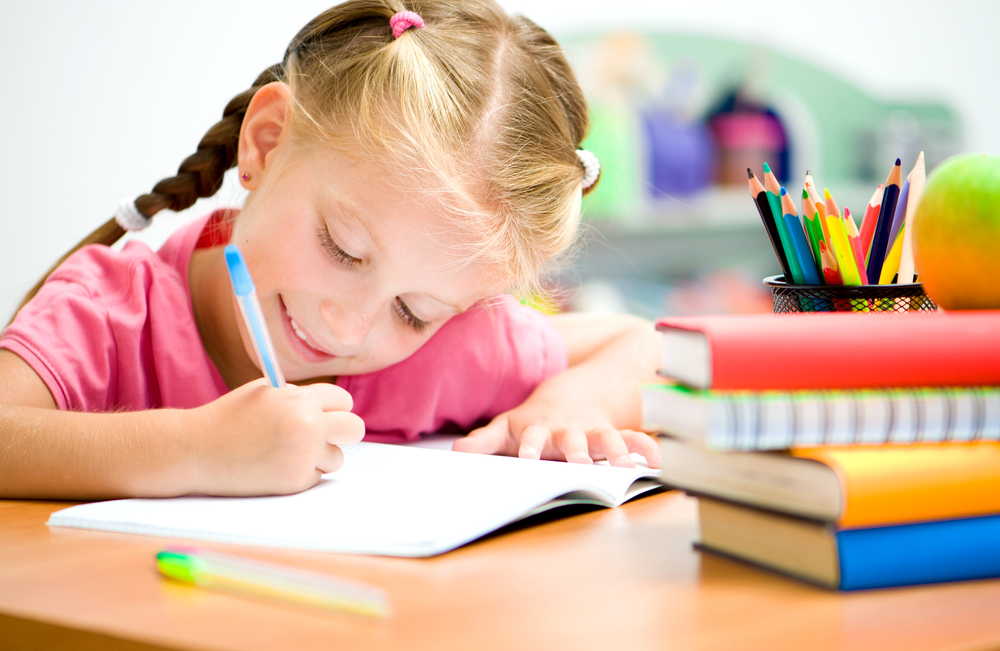Alphabet worksheets activities for Ages 3-5
21 filtered results
-
From - To


Rhyming Words: Assessment Worksheet
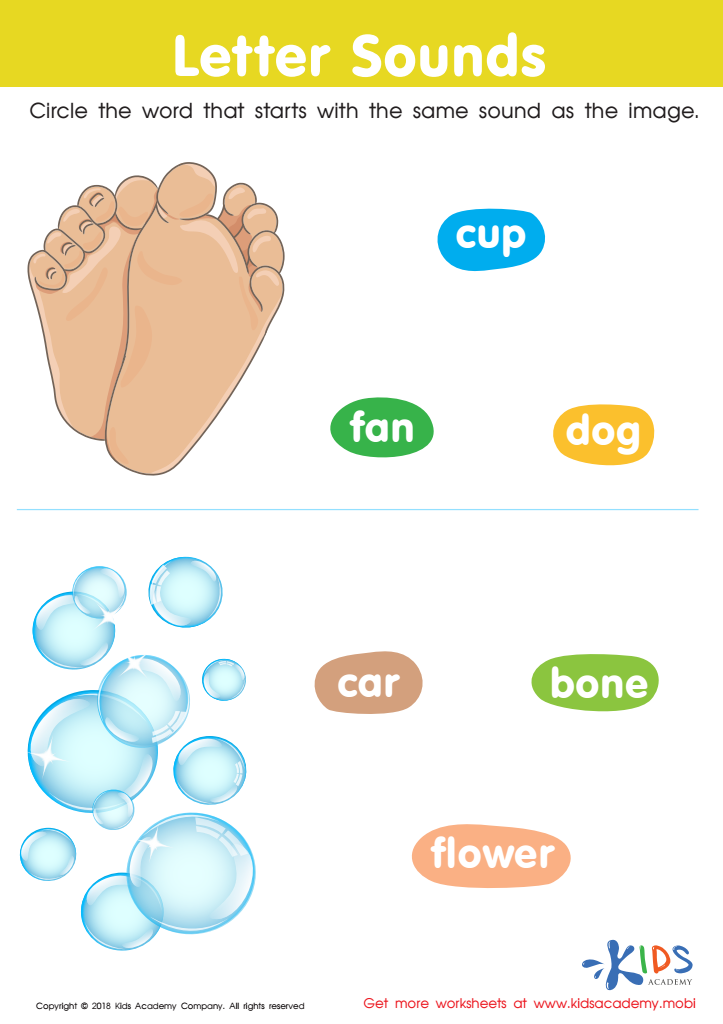

letter sounds Worksheet
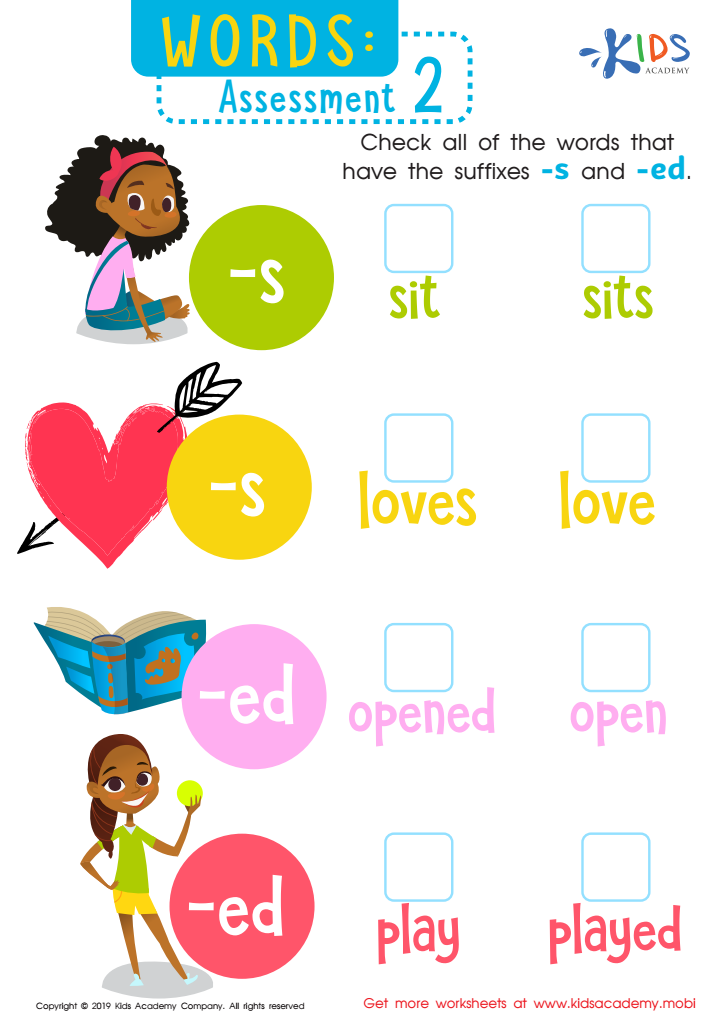

Words: Assessment 2 Worksheet
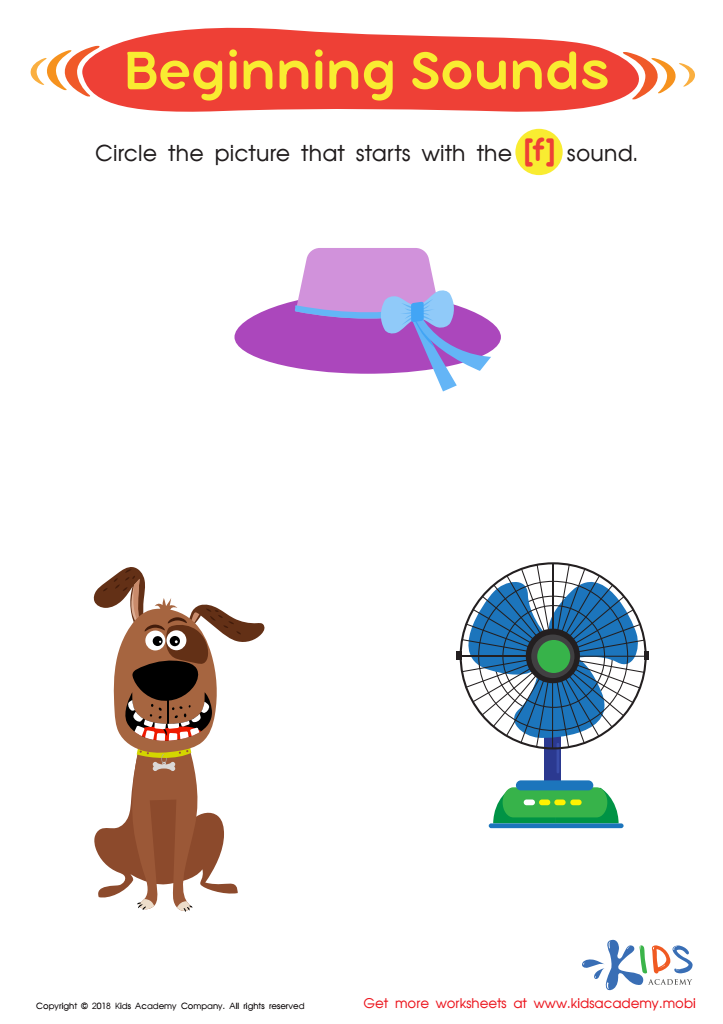

Beginning Sounds Assessment Printable
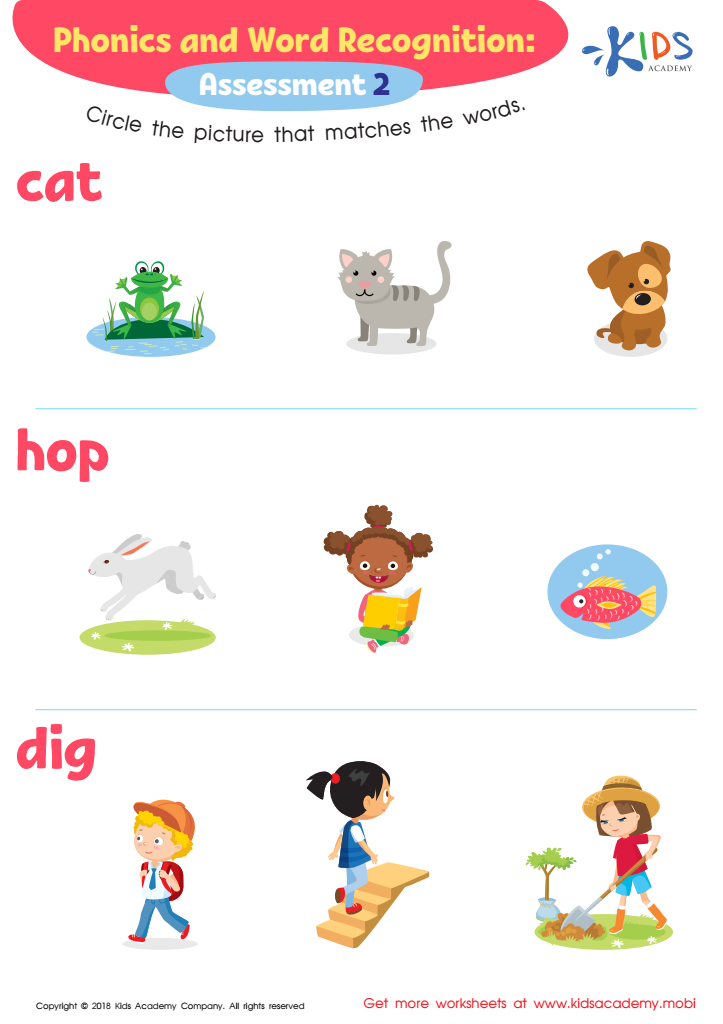

Phonological Awareness: Assessment 2 ELA Worksheet


Vowel and Consonant Sounds: Assessment Worksheet
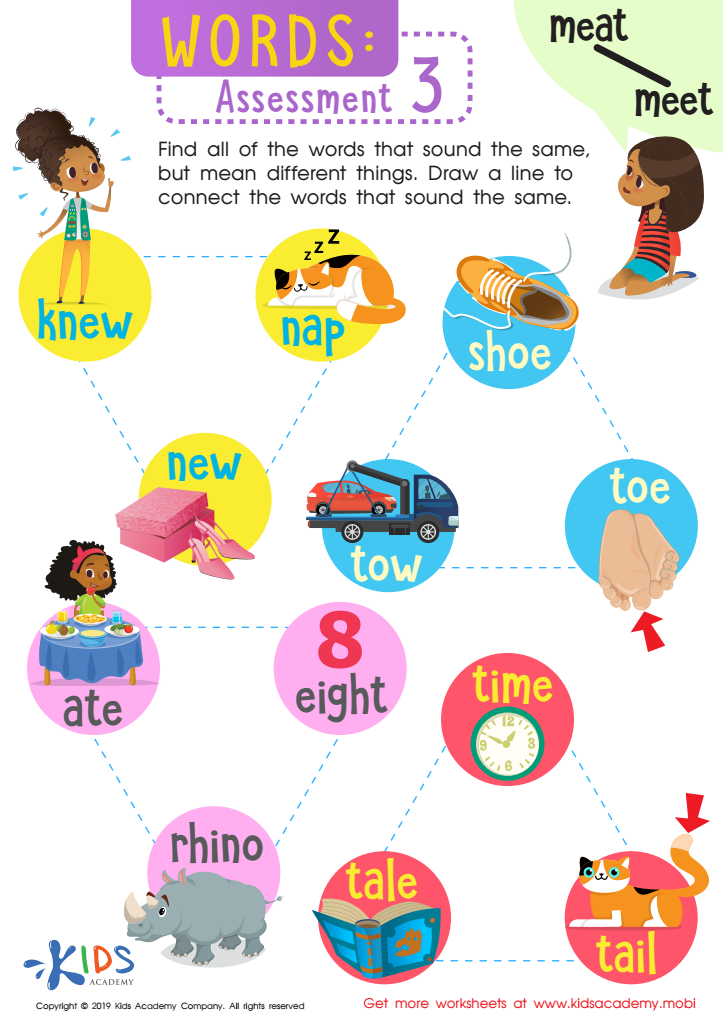

Words: Asessment 3 Worksheet
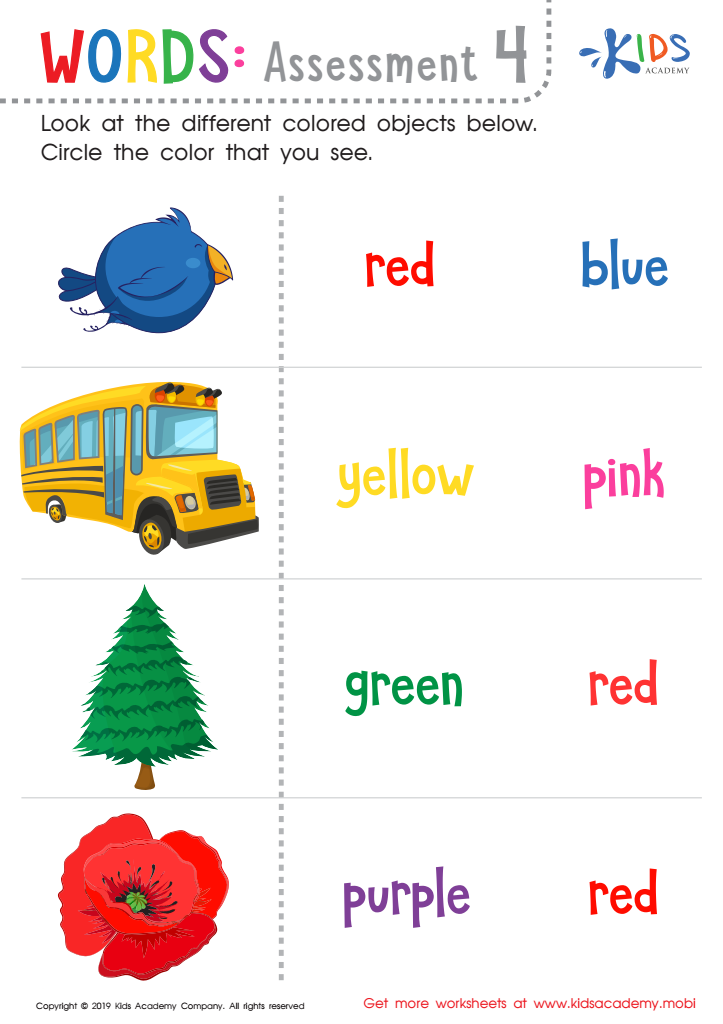

Words: Assessment 4 Worksheet
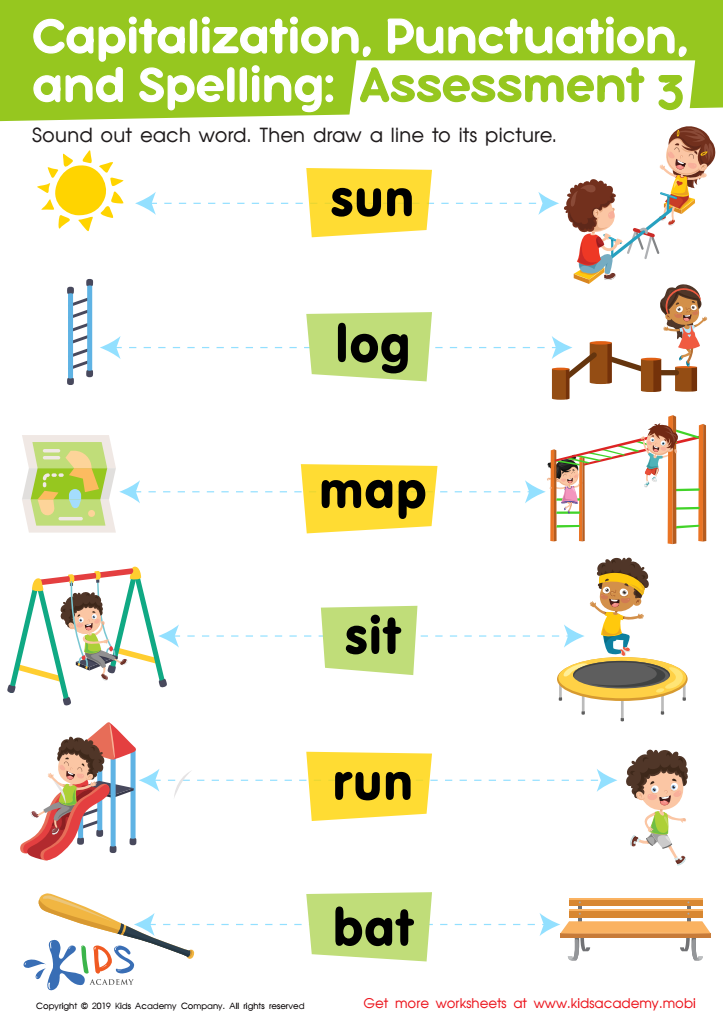

Capitalization. Punctuation. Spelling. Assessment 3 Worksheet
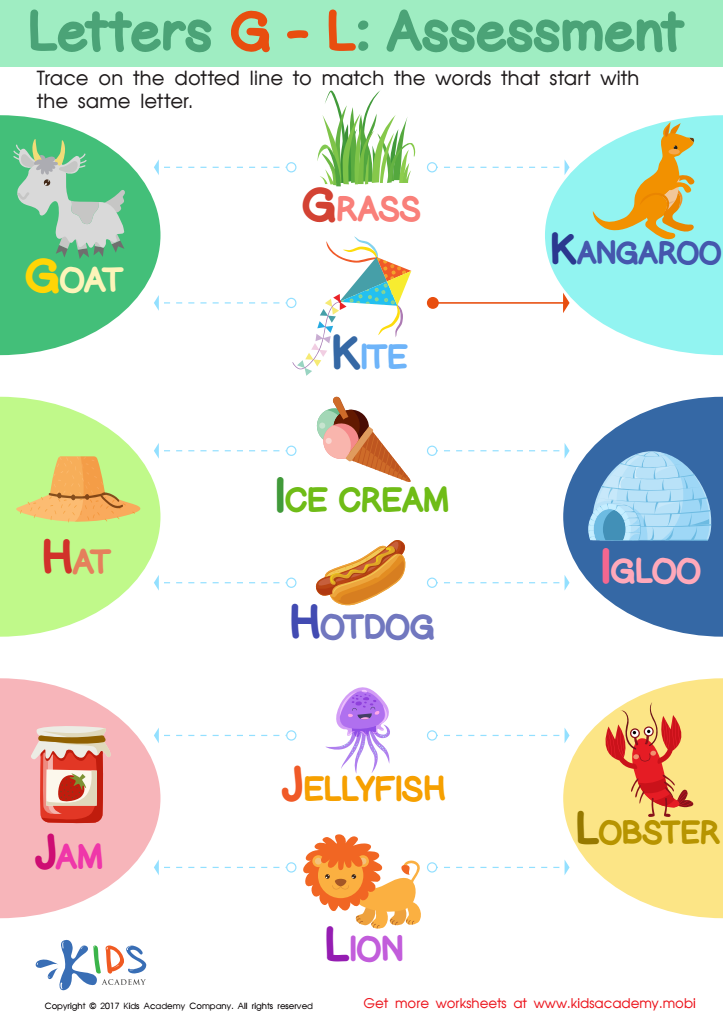

Letters G-L Worksheet
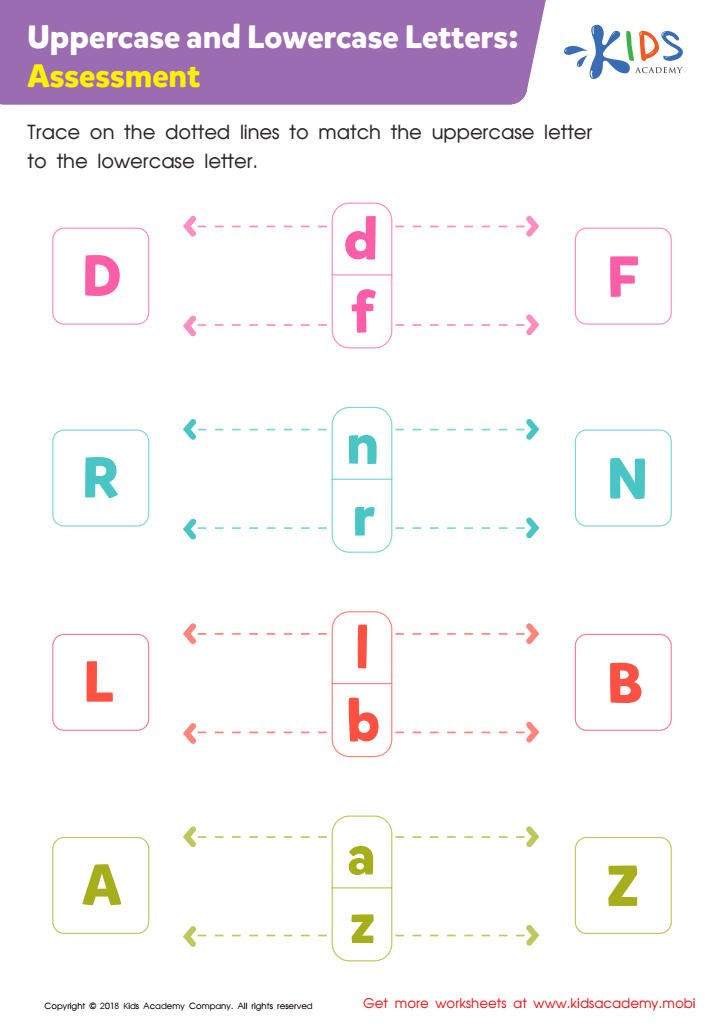

Uppercase and Lowercase Letters: Assessment Worksheet
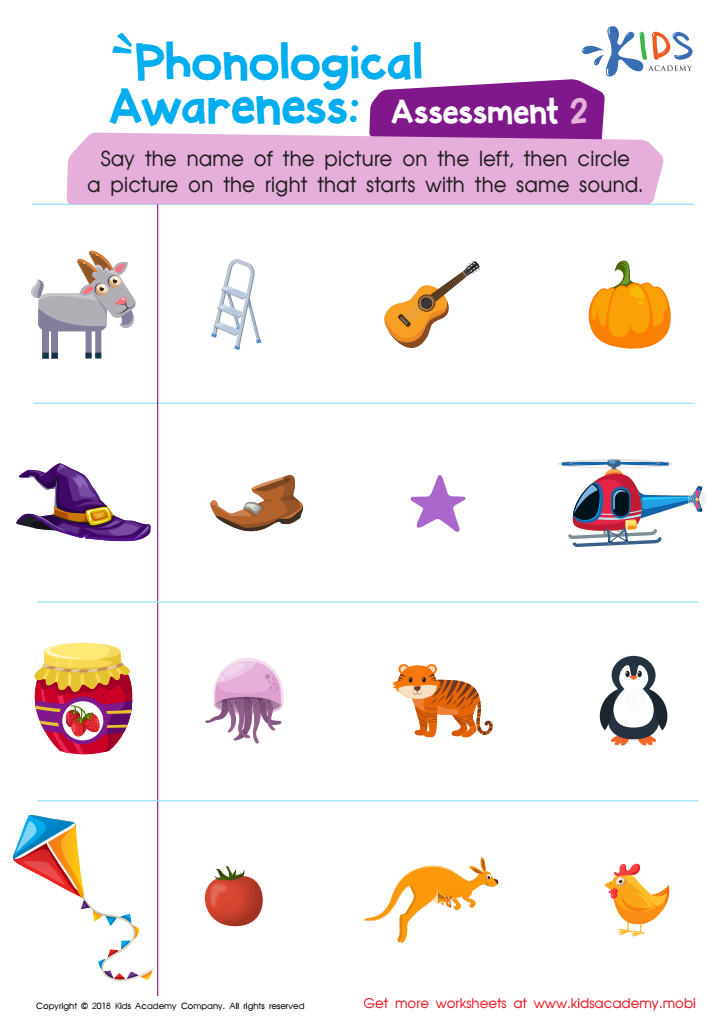

Phonological Awareness: Assessment 2 Worksheet
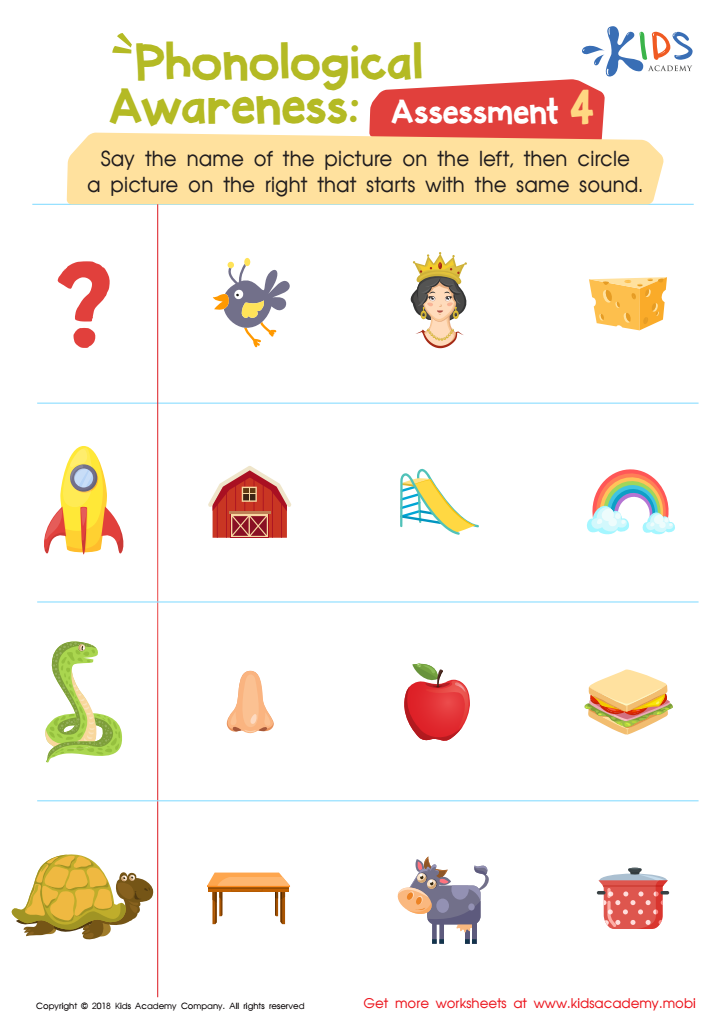

Phonological Awareness: Assessment 4 Worksheet
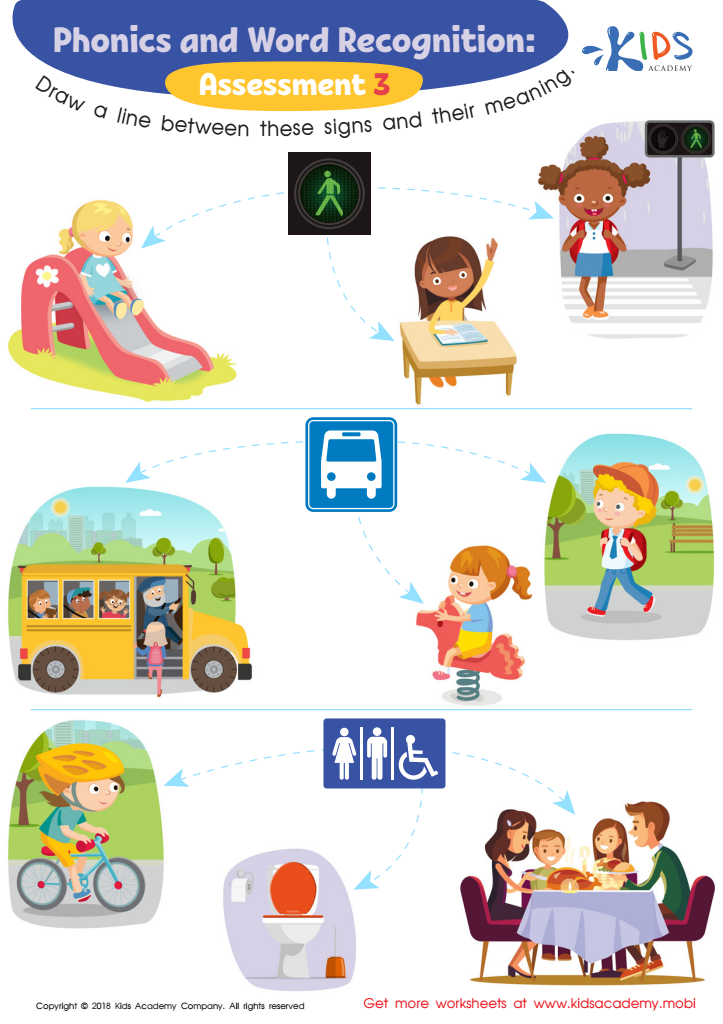

Phonological Awareness: Assessment 3 ELA Worksheet
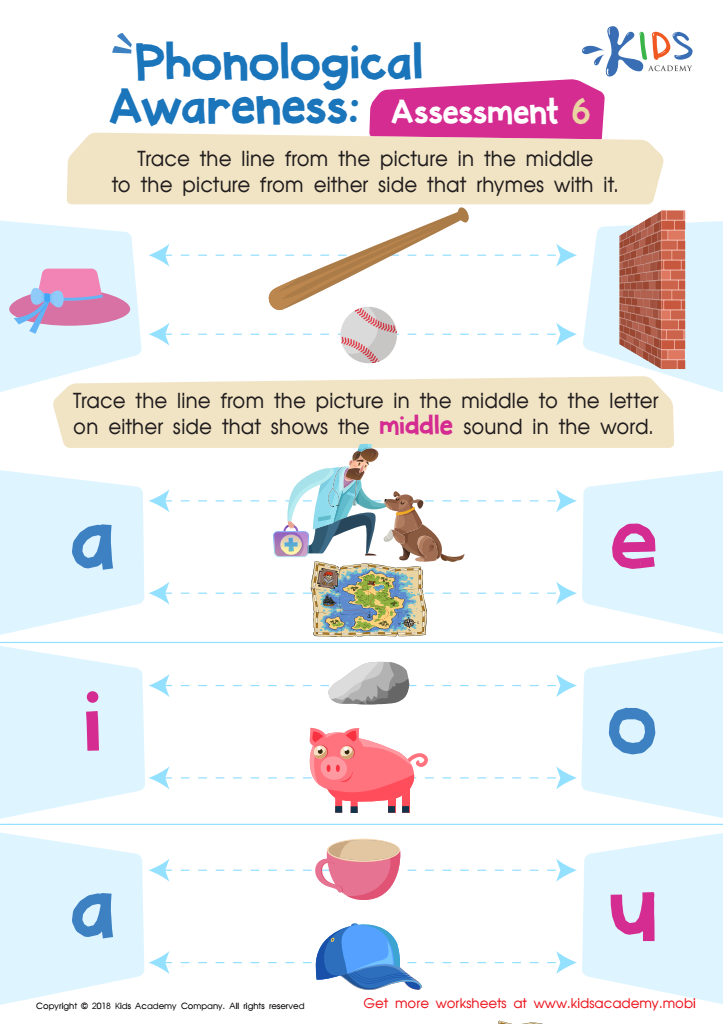

Phonological Awareness: Assessment 6 Worksheet
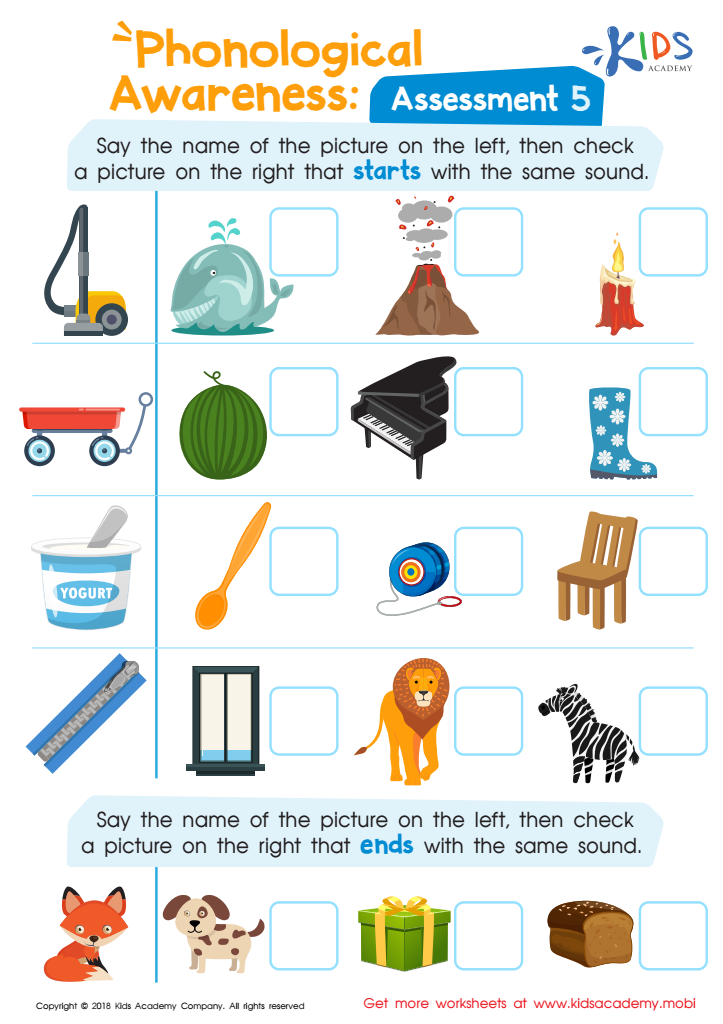

Phonological Awareness: Assessment 5 Worksheet
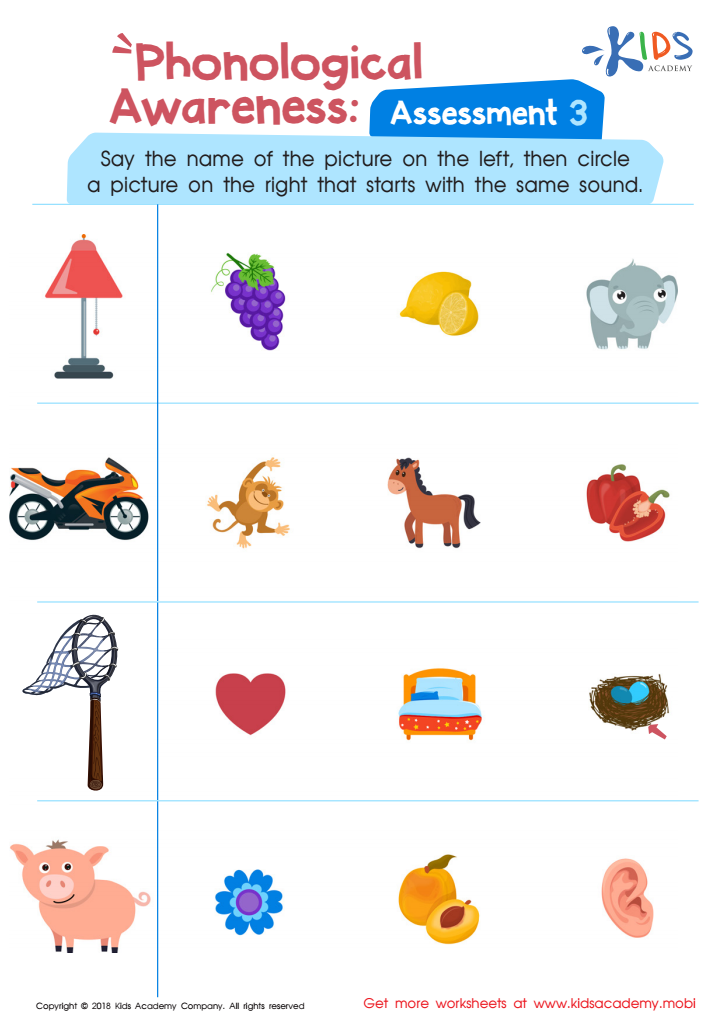

Phonological Awareness: Assessment 3 Worksheet
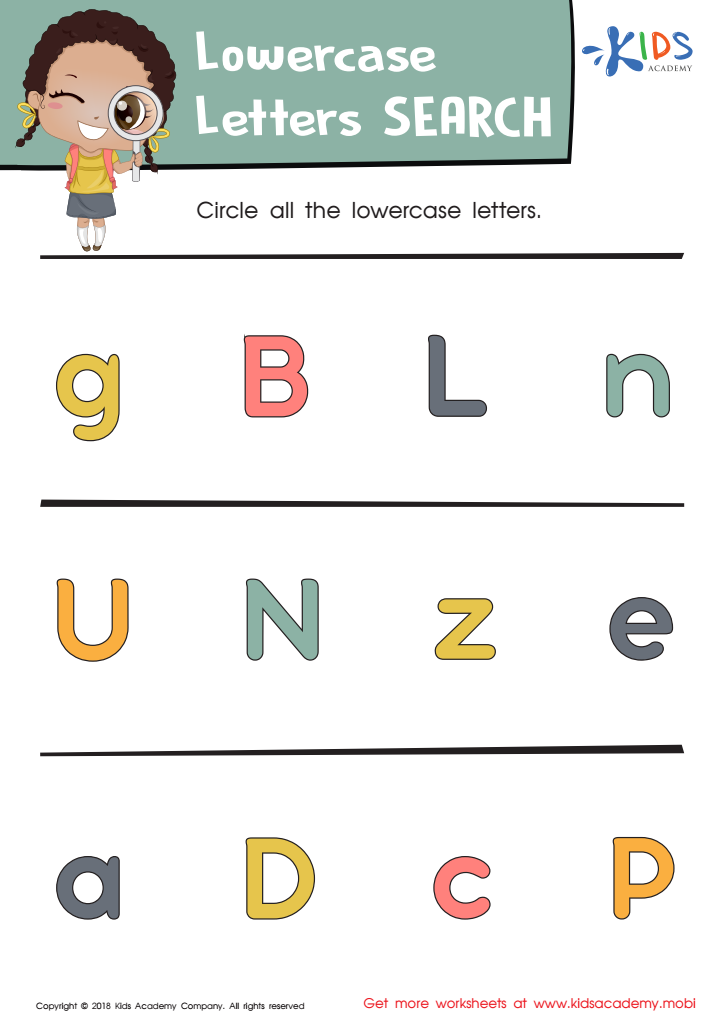

Lowercase Letters Search: Assessment Worksheet
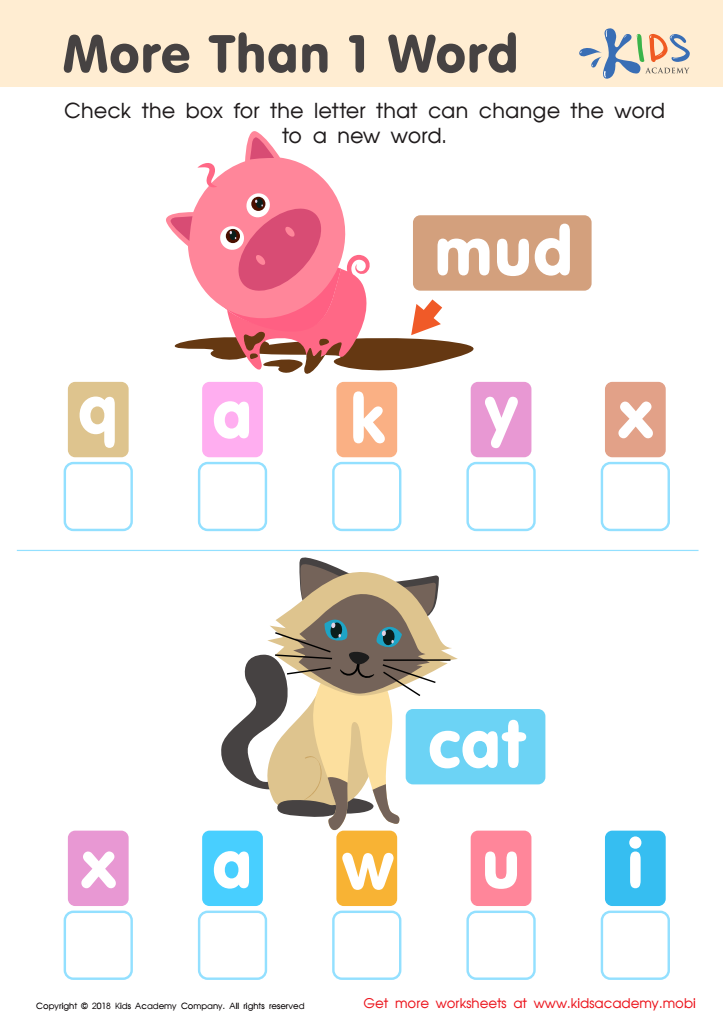

More than 1 word Worksheet


Phonological Awareness: Assessment 1 Worksheet


Phonics and Word Recognition: Assessment 1 ELA Worksheet
Alphabet worksheets activities are an essential cornerstone in the journey of learning to read and write. These activities are not just about memorizing letters; they are a comprehensive tool that aids in the holistic development of a child's linguistic skills, making them a fundamental part of early education.
First and foremost, Alphabet worksheets activities provide a structured approach to learning the alphabet, allowing children to familiarize themselves with the shapes and sounds of each letter in a focused manner. This targeted learning helps in laying down a robust foundation for phonemic awareness, which is crucial for decoding words and developing fluent reading skills.
Moreover, these activities enhance fine motor skills. As children trace, write, and color letters, they refine their hand-eye coordination and pencil grip. This practice is invaluable, setting the stage for efficient and legible handwriting.
Alphabet worksheets activities also foster cognitive development. They involve recognizing letters, matching them with their sounds, and often associating them with words that begin with the respective letters. This not only enhances memory but also builds vocabulary and comprehension skills, as children start connecting letters with objects and concepts in their environment.
In addition, these worksheets offer a personalized learning experience. Children can work at their own pace, revisiting challenging letters and celebrating mastery over easier ones. This self-paced learning nurtures confidence and a love for learning, making the educational journey enjoyable and stress-free.
Furthermore, Alphabet worksheets activities are versatile. They can be designed to suit various learning styles, incorporating visual, auditory, and kinesthetic elements. Whether it’s through coloring, cutting, pasting, or singing along, these activities ensure that learning the alphabet becomes a multifaceted and engaging experience.
In summary, Alphabet worksheets activities are not merely about learning letters; they are a comprehensive tool that supports the development of early literacy skills, fine motor skills, cognitive abilities, and a positive learning attitude, making them an indispensable part of early childhood education.

 Assign to My Students
Assign to My Students







